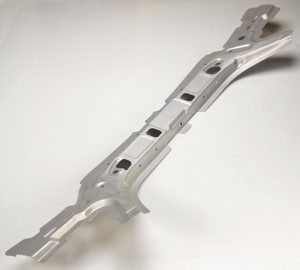Posted on: 13th January 2016 by Dr. Gary Mahon
The aluminium industry needs materials expertise to continue to develop new markets or new products for existing markets, to fend off attacks from competitive materials such as plastics and composites, and to face the future sustainability challenges. This applies throughout the supply chain, to companies rolling and extruding aluminium, to companies making end-user products and to suppliers of equipment to the industry.
Whilst some technical expertise can be distilled into operational practices or captured within computer models, most aluminium materials expertise resides within certain individual employees and is so often lost when that employee leaves or retires from the company.
In my opinion, the most significant advances are made by those employees who have developed a deep understanding of an aluminium process, an aluminium product or a specific industry problem. These aluminium experts take many years to develop their knowledge, often within the R&D or technical divisions of the company, and represent a significant asset value to that company.
Aluminium experts are certainly hard to come by, making recruitment very difficult. We are always on the lookout for such people and will recruit at any time if the right person becomes available.
Nurturing materials expertise

The nurturing of materials expertise is a significant long term investment for any company. However, the value of this investment can be lost so quickly as a result of short-term decisions to close technical facilities, even when attempts are made to relocate staff to other sites within the same company.
The trend for company mergers and changes of ownership that we have seen over the past 15 years has resulted in rationalisation and relocation of technical centres and a significant loss of aluminium materials expertise from the industry. This has been compounded during times of slow economic growth in the developed countries of the world, resulting in pressure for companies based in these regions to reduce costs. The technical centres are all too often seen as a pure cost to the company, with little understanding of their true long term strategic value.
I speak from personal experience. In my case it was the closure of one of the aluminium industry’s leading technical centres, Alcan’s Banbury Laboratory, back in 2003. In this instance, the closure resulted in the formation of an independent technical consulting company, Innoval Technology (Innoval). Innoval provided a home for many of Alcan’s top materials experts and has gone on to become a profitable company and a valuable source of expertise for the downstream aluminium industry.
Danieli certainly understands the value that this sort of aluminium materials expertise can bring to an organisation, as demonstrated by their purchase of Innoval to support the growth of their aluminium business.

Measuring the financial value of expertise
Assessing the financial value of materials expertise and technical support has always been a difficult task. One approach is to estimate the loss of market share if that expertise is no longer being applied to (a) the solution of product or process issues or (b) improvements to the product. The value of protecting market share can be enormous. Other more direct approaches involve valuing the increased sales that result from the solution of a specific problem, for example a speed constraint on a bottleneck processing machine.
It only takes a few successful technical solutions to provide a positive net present value in excess of the total cost for all technical projects. When a company decides to forgo investment in R&D and development of new technology, then there is a strong likelihood that it will lose any lead it may have had in markets and become a follower of other companies, with consequential loss of market share and revenue.
There is no doubt that the population of aluminium experts in North America and Europe has seen a steady decline over the recent decades. Yet the market for aluminium remains strong with exciting predictions for future growth in many sectors, especially automotive. The emerging regions of the world, where growth has been strongest, must develop a new and significant body of materials expertise, in order to take on the many challenges facing the aluminium industry in the future.
How we can help
Innoval Technology provides world-class aluminium and materials expertise to supplement your in-house knowledge.
Our aluminium consultants come from a wide range of technical disciplines and their practical experience is varied, with most people having worked on automotive, aerospace, building and packaging products.
This blog post was originally written by Dr Tom Farley who has now left the company. Please contact Dr Gary Mahon if you have any questions.



